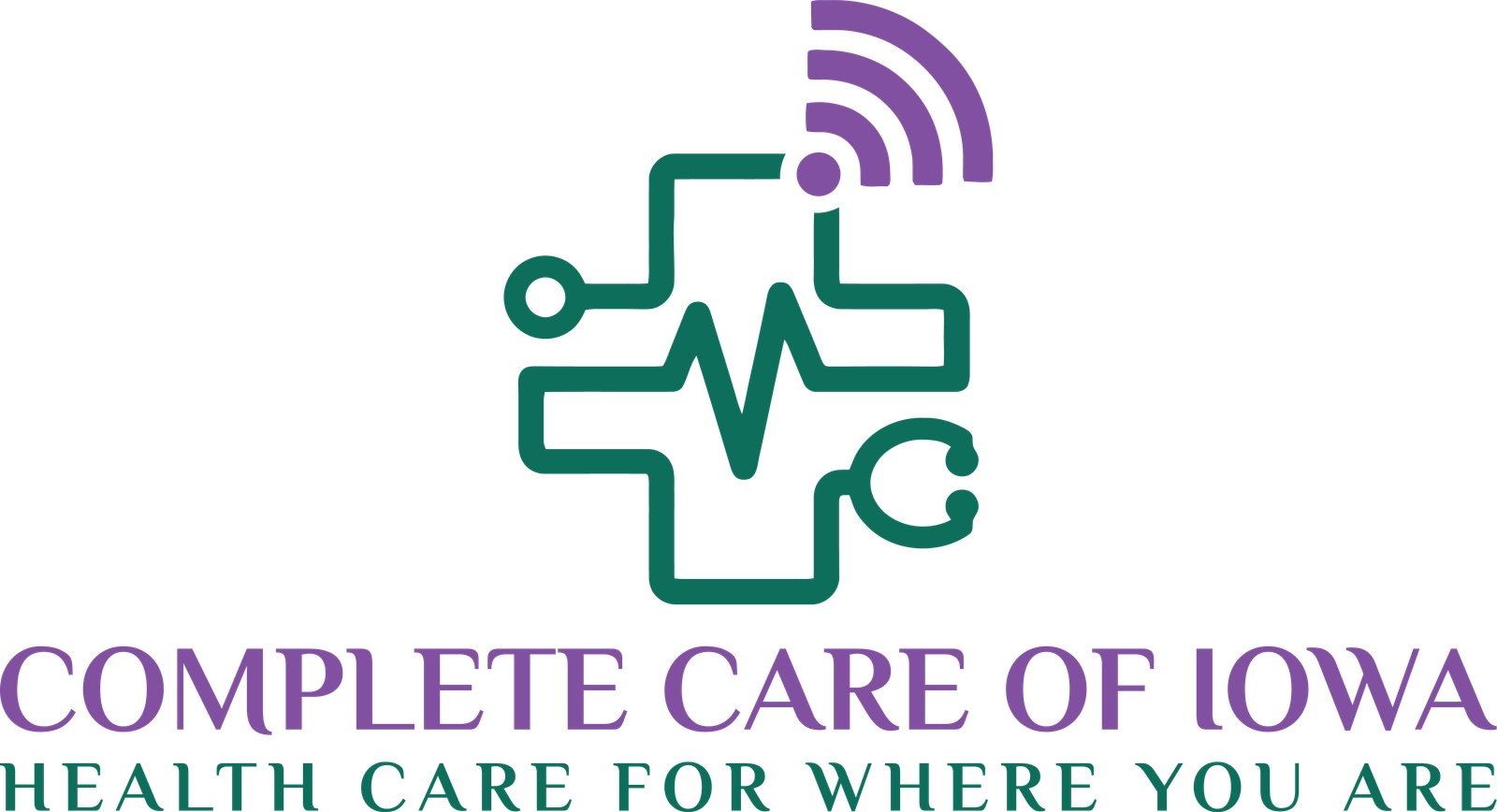Hey everyone! Complete Care of Iowa here.
As many of you know, October is Breast Cancer Awareness Month—a time to raise awareness, show support for those affected, and encourage early detection. Whether you’re familiar with breast cancer or just learning more about it, this is the perfect time to dive into why regular screenings are so important.

Who Should Be Screened?
Breast cancer can affect anyone, but some groups have a higher risk. The general recommendation is that women age 40 and older should start annual screenings. However, if you have a family history of breast cancer or other risk factors, like carrying certain gene mutations (BRCA1 or BRCA2), your healthcare provider might recommend starting earlier. Even men, though less common, can get breast cancer, so being aware of changes in the breast area is important for them, too.
What Are the Screening Options?
There are a few ways breast cancer can be detected:
1. Mammogram – This is the most common screening tool. It’s an X-ray of the breast that can pick up early signs of cancer, often before you can feel a lump. There are two types:
– Screening mammogram: Routine test for women without symptoms.
– Diagnostic mammogram: Used when there’s a suspicious area that needs further evaluation.
2. Ultrasound – Sometimes used in addition to a mammogram, especially if you have dense breast tissue. It uses sound waves to create images of the breast and can help see abnormalities.
3. MRI (Magnetic Resonance Imaging) – This is a more detailed scan and is usually recommended for women at higher risk, such as those with a strong family history of breast cancer or genetic mutations.
4. Self-exams – While not considered a replacement for mammograms, knowing how your breasts normally look and feel can help you notice changes earlier. If something feels off, make sure to get checked out!
Why Early Screening Matters
Early detection saves lives. When breast cancer is caught early—before it has a chance to spread—it’s much more treatable. Survival rates are significantly higher when the cancer is
found in its early stages, often with treatments that can be less invasive. For example, when breast cancer is confined to the breast, the 5-year survival rate is over 90%! That’s a huge reason to stay on top of screenings. Even though mammograms can be uncomfortable sometimes, they can save a life.
So, this month, whether it’s reminding a loved one to schedule their mammogram, learning about your own risk factors, or simply sharing information on social media, let’s spread the word about the importance of breast cancer screenings.
If you need to discuss this further, you are welcome to make an appointment with us, and we can refer you to a specialist. Click this link to make an appointment with Complete Care to start the process.
Take care, stay informed, and let’s keep pushing for early detection!
Megan Mwangi, ARNP
